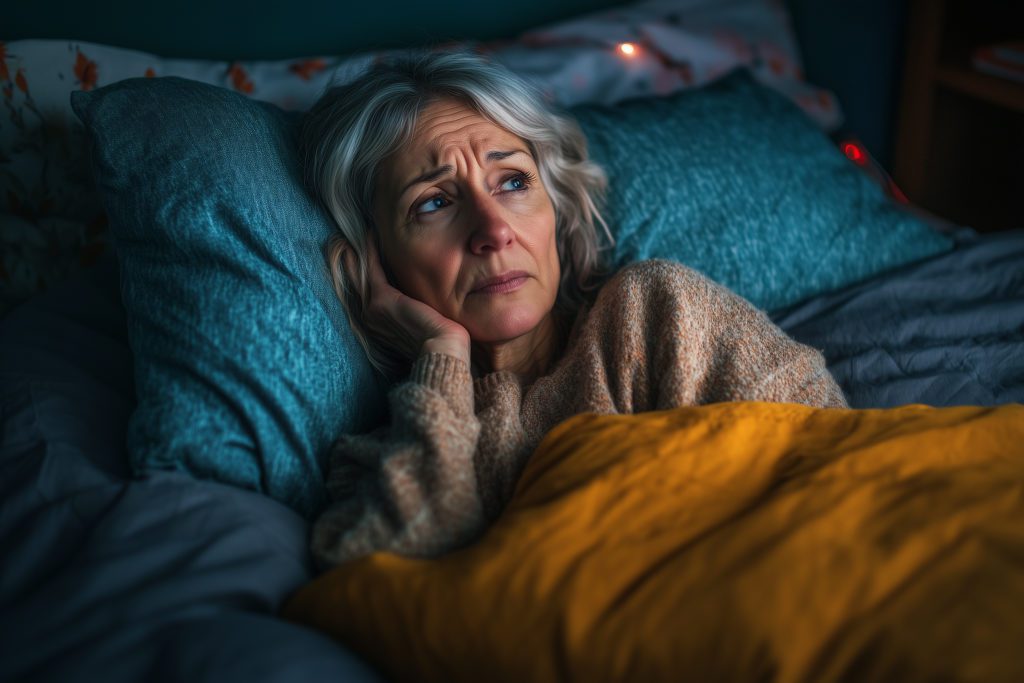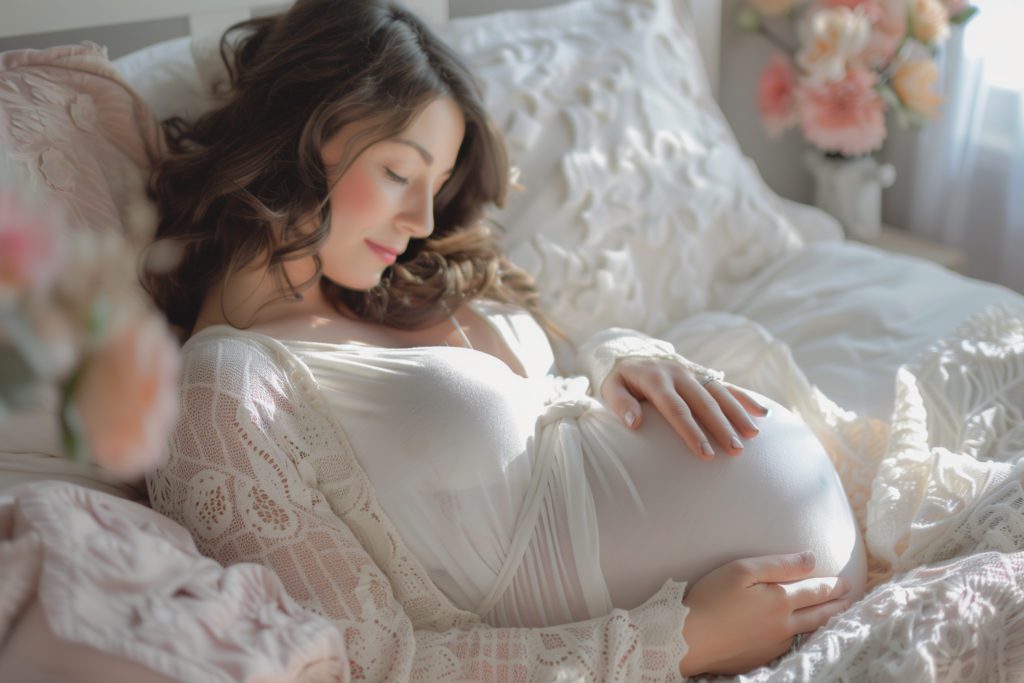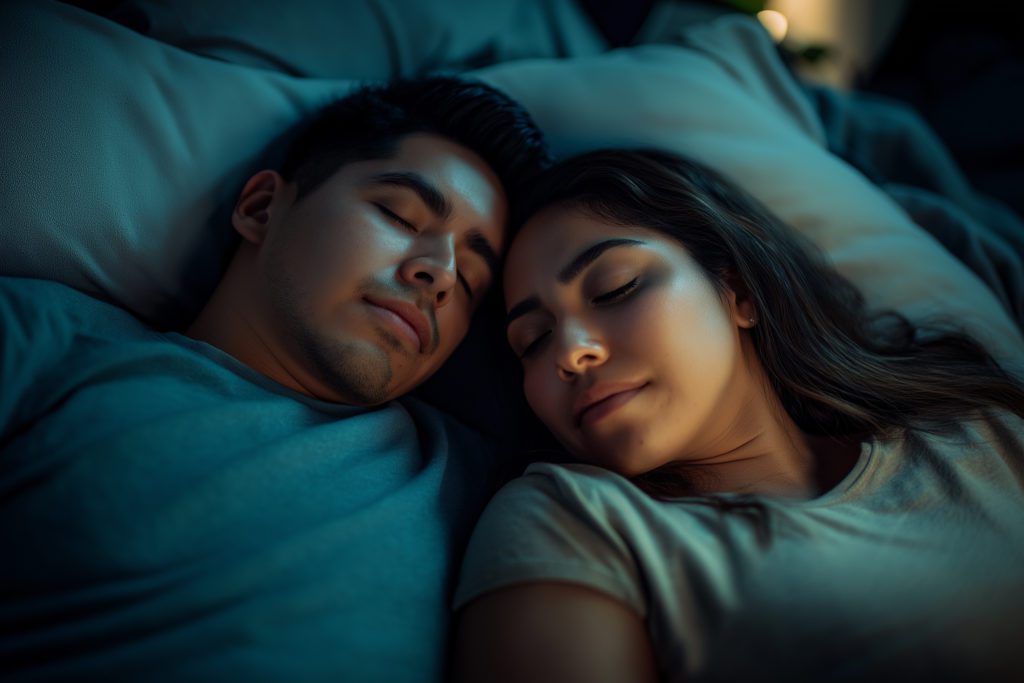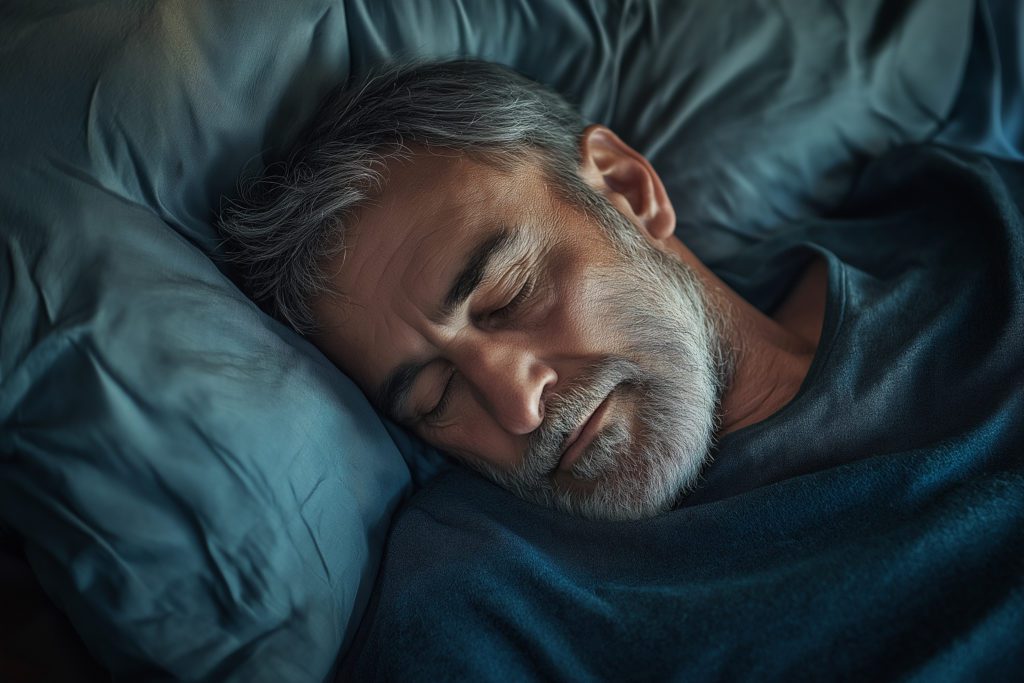
Hormonal Influences on Sleep in Women
Explore how hormonal fluctuations—from the menstrual cycle to menopause and pregnancy—affect women's sleep and discover practical strategies for improved rest.
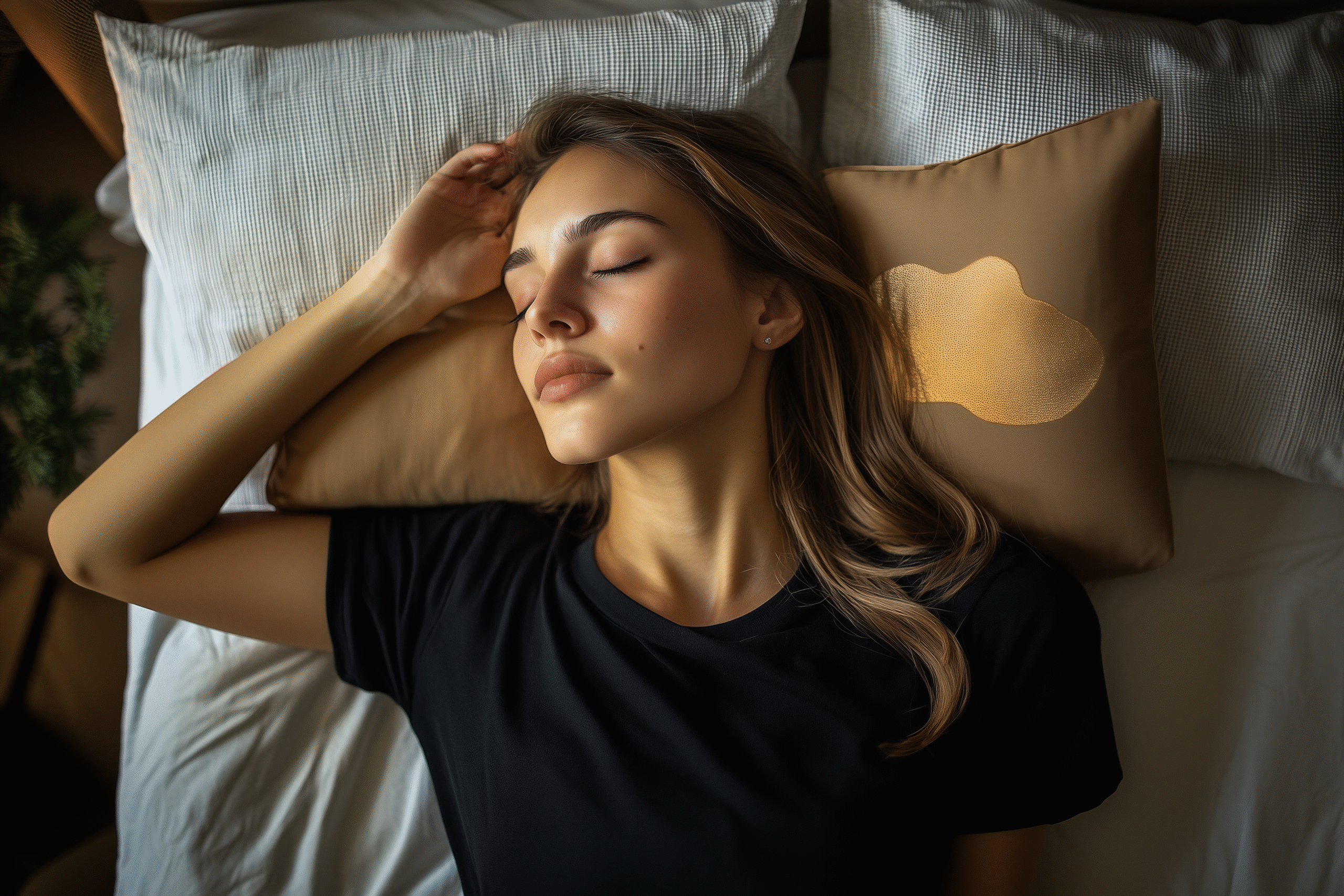
How Your Hormones Impact Your Sleep: Navigating Life’s Stages
As life unfolds, so do the changes in your body—and yes, your hormones play a starring role, even in your sleep patterns. Whether you’re cycling through monthly changes, entering the menopausal transition, or managing other life events like pregnancy, understanding how hormones influence your sleep can empower you to take control. Just like tuning a musical instrument, adjusting to these hormonal shifts can help you find your rhythm for a better night’s rest.
1. The Menstrual Cycle and Sleep
Progesterone: Nature’s Sleep Aid
During most of your menstrual cycle, progesterone works quietly in the background, lending a gentle, sleep-promoting effect. However, as you enter the late luteal phase, a sharp drop in progesterone levels may lead to sleep disruptions. This natural fluctuation might be why some nights feel more restless than others.
(Research Note: Studies have linked declining progesterone levels with increased sleep disturbances during this phase [4].)
Estrogen: The Balancer in Transition
While estrogen’s influence on sleep during the menstrual cycle isn’t entirely clear, its role becomes more noticeable during the menopausal transition. Both naturally produced and supplemental estrogen have been associated with improved sleep during these changing times.
2. Sleep Challenges During Menopause
FSH and Its Impact
As you approach menopause, rising levels of follicle-stimulating hormone (FSH) may usher in more frequent bouts of wakefulness and sleep disturbances—even before you notice any major sleep complaints. Once menopause sets in, the connection between high FSH levels and disrupted sleep becomes even clearer.
Hormone Therapy: A Targeted Approach
For many perimenopausal women, hormone therapy offers a ray of hope. Tailored hormone therapy has shown promise in alleviating sleep disturbances, marking a difference from the effects seen with contraceptive therapy in younger women.
3. Hormonal Contraceptives and Sleep Patterns
Sleep Disturbances Reported by Users
Women on hormonal contraceptives sometimes experience increased sleep complaints—including insomnia and daytime sleepiness. While these issues can be bothersome, they don’t affect everyone in the same way.
Consistency in Sleep Duration
Interestingly, despite the occasional sleep disruptions, users of hormonal contraceptives tend to meet recommended sleep durations more consistently than non-users. It seems that while the quality of sleep might fluctuate, the overall amount of sleep remains steady.
What the Research Says
When looking at the big picture, meta-analyses show that hormonal contraceptives have only minor effects on sleep patterns overall. Some studies note a slight reduction in wake time after sleep onset, but these changes aren’t generally significant for most users.
4. Pregnancy and Sleep
During pregnancy, sleep challenges often stem more from physical and physiological changes than from hormonal fluctuations alone. As your body adapts to nurture new life, discomfort and other physical shifts can interrupt your sleep.
The Bottom Line
Hormonal fluctuations are a natural part of a woman’s journey, and they play a significant role in shaping sleep patterns across different life stages. Progesterone and FSH, in particular, emerge as key players—either soothing or disrupting your sleep at various times. While hormonal contraceptives may introduce some changes in sleep quality, their overall impact is generally modest.
What Does This Mean for You?
By understanding these hormonal influences, you can better recognize the source of your sleep challenges and work with healthcare professionals to craft personalized strategies for more restorative sleep. Remember, your sleep is as dynamic as your life, and with the right approach, you can navigate these changes with confidence.
References
Pengo MF, Won CH, Bourjeily G. Sleep in Women Across the Life Span. Chest. 2018 Jul;154(1):196-206. doi: 10.1016/j.chest.2018.04.005. Epub 2018 Apr 19. PMID: 29679598; PMCID: PMC6045782.
Bixler, Edward O. et al. “Women sleep objectively better than men and the sleep of young women is more resilient to external stressors: effects of age and menopause.” Journal of Sleep Research 18 (2009): n. pag.
Perger, E., Silvestri, R., Bonanni, E., Di Perri, M., Fernandes, M., Provini, F., Zoccoli, G., & Lombardi, C. (2024). Gender medicine and sleep disorders: from basic science to clinical research. Frontiers in Neurology, 15. https://doi.org/10.3389/fneur.2024.1392489.
Burgard SA, Ailshire JA. Gender and Time for Sleep among U.S. Adults. Am Sociol Rev. 2013 Feb;78(1):51-69. doi: 10.1177/0003122412472048. PMID: 25237206; PMCID: PMC4164903.
Jonasdottir SS, Minor K, Lehmann S. Gender differences in nighttime sleep patterns and variability across the adult lifespan: a global-scale wearables study. Sleep. 2021 Feb 12;44(2):zsaa169. doi: 10.1093/sleep/zsaa169. PMID: 32886772.
Mallampalli MP, Carter CL. Exploring sex and gender differences in sleep health: a Society for Women's Health Research Report. J Womens Health (Larchmt). 2014 Jul;23(7):553-62. doi: 10.1089/jwh.2014.4816. Epub 2014 Jun 23. PMID: 24956068; PMCID: PMC4089020.
Download Pillow
Get help
Press & News
Legal
Connect
X (Twitter)
Company
Copyright © Neybox Digital Ltd.
